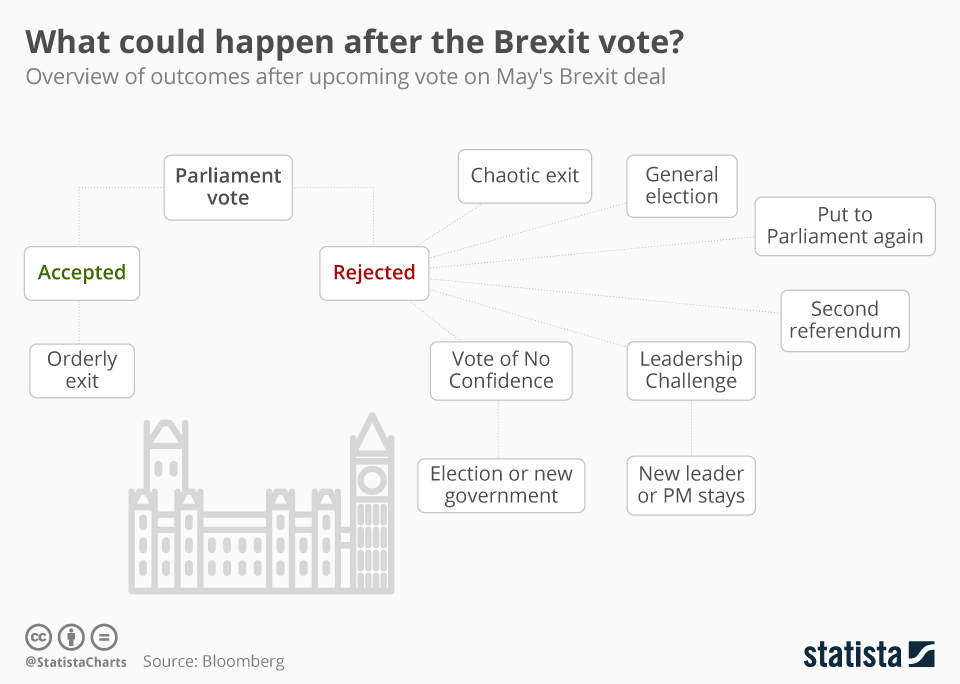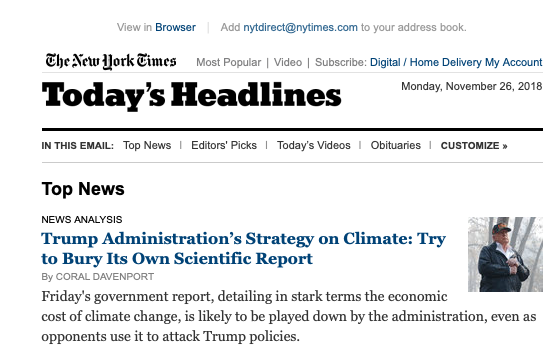From Buzzfeed:
But what’s happening right now in France isn’t happening in a vacuum. The Yellow Jackets movement — named for the protesters’ brightly colored safety vests — is a beast born almost entirely from Facebook. And it’s only getting more popular. Recent polls indicate the majority of France now supports the protesters. The Yellow Jackets communicate almost entirely on small, decentralized Facebook pages. They coordinate via memes and viral videos. Whatever gets shared the most becomes part of their platform.
Due to the way algorithm changes made earlier this year interacted with the fierce devotion in France to local and regional identity, the country is now facing some of the worst riots in many years — and in Paris, the worst in half a century.
This isn’t the first time real-life violence has followed a viral Facebook storm and it certainly won’t be the last. Much has already been written about the anti-Muslim Facebook riots in Myanmar and Sri Lanka and the WhatsApp lynchings in Brazil and India. Well, the same process is happening in Europe now, on a massive scale. Here’s how Facebook tore France apart.
Interesting. The conventional wisdom used to be that this kind of thing happened only in unsophisticated countries. Experience in the US and UK in 2016 rather undermined that complacent conclusion. And now France… Where’s next?
The really sobering thing about this is that the unrest can (Buzzfeed argues, and I see no reason to disagree with them) be attributed to the way Facebook changed its Newsfeed algorithm as a response to the uproar over its exploitation by political actors in 2016. “These pages weren’t exploding in popularity by coincidence“, it says,
The same month that Nogueira set up his first group, Mark Zuckerberg announced an algorithm change to Facebook’s News Feed that would “prioritize news that is trustworthy, informative, and local.” The updates were meant to combat sensationalism, misinformation, and political polarization by emphasizing local networks over publisher pages.
“In Groups, people often interact around public content,” Adam Mosseri, the head of News Feed at the time, explained in a subsequent blog post. Facebook, by all indication, plans to continue emphasizing local content. It announced plans this month to expand the feature to create local news hubs in 400 test cities. BuzzFeed News has contacted Facebook for comment.
So, Facebook tweaked its algorithm to try to fix one problem. And it then creates another.



